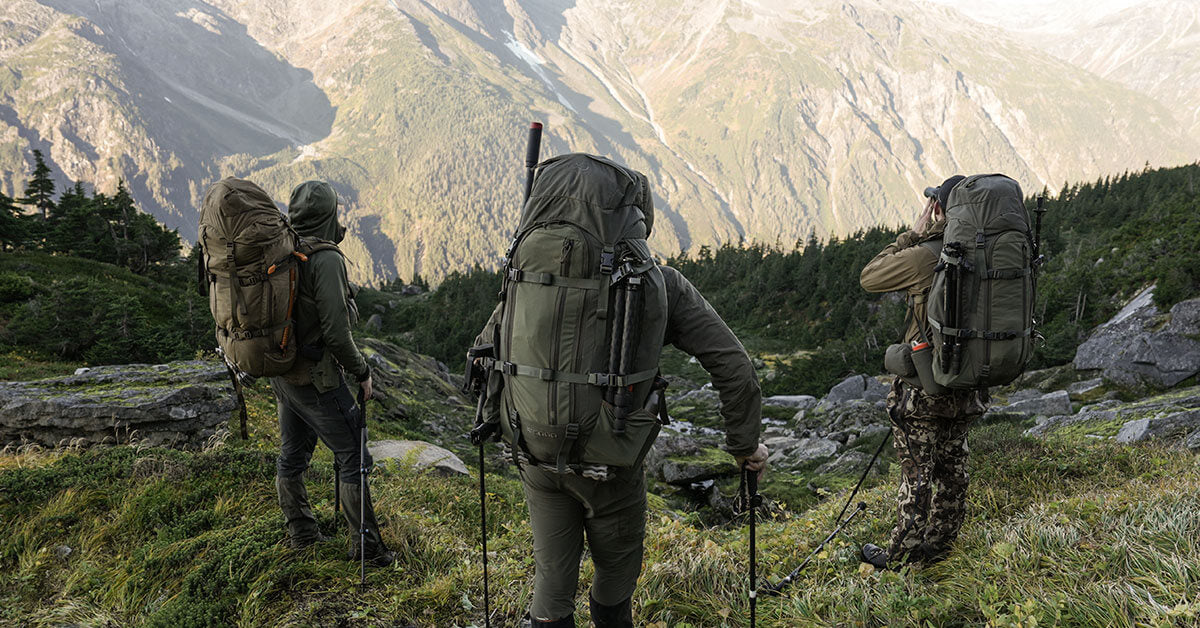I'm a little late to the Zone 2 training idea but have been trying to implement it this year. After listening to this Exo podcast, I realized I've definitely been more in Zone 3 and not spending enough hours on it.

 exomtngear.com
exomtngear.com
Anyone here doing a lot of Zone 2 training for hunting and, if so, how are you mixing it in with strength training? Has it helped your performance in the mountains?

Hunt Backcountry Podcast 475 | Proven Training Methods for the Mountain Hunter — The Experience Project
Mark is joined by Scott Johnston, author of Training for the Uphill Athlete, owner of Evoke Endurance, and an outdoorsman and athlete with decades of experience. They discuss the physical demands of mountain hunting, what hunters can learn from other athletes, and the best way to train for...
Anyone here doing a lot of Zone 2 training for hunting and, if so, how are you mixing it in with strength training? Has it helped your performance in the mountains?

